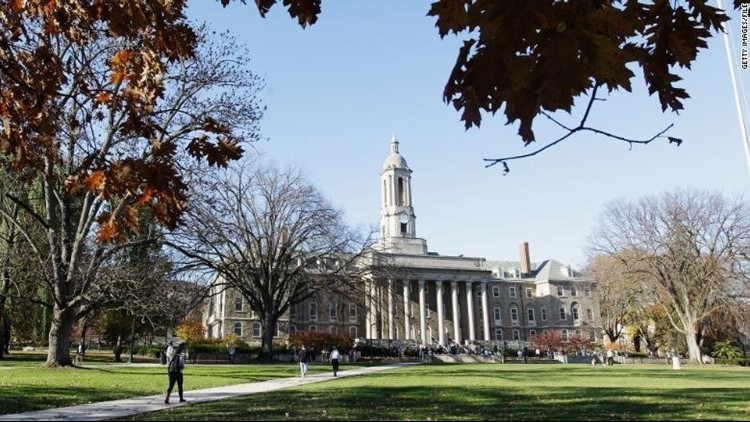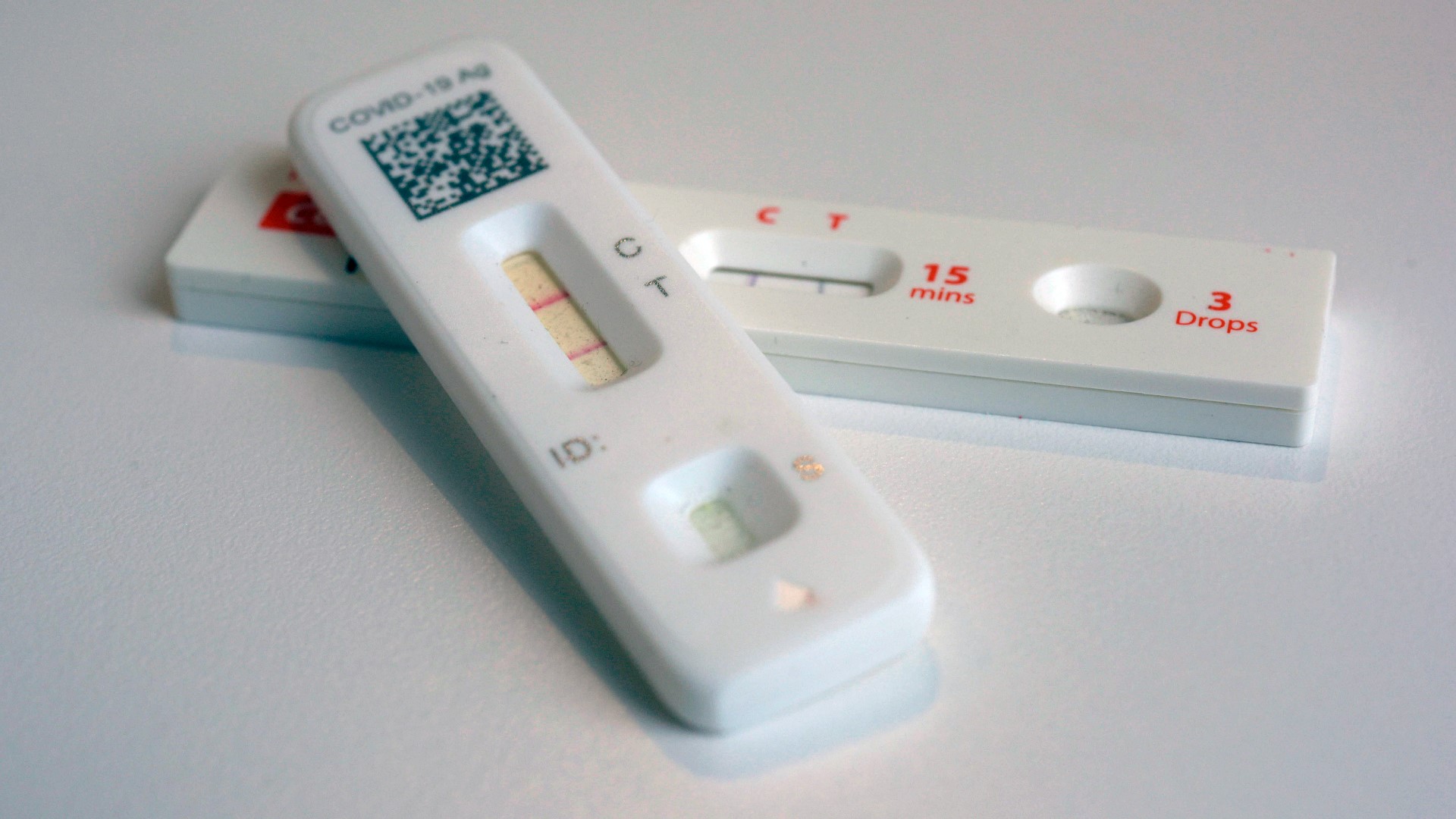STATE COLLEGE, Pa. — Penn State University announced Wednesday that beginning March 16, all classes will be held remotely for students at all campus locations through Friday, April 3.
"As you know, communities around the globe are facing unprecedented challenges as coronavirus continues to spread," said university president Eric J. Barron in a letter to students, faculty, and staff. "It remains our goal to take the necessary, active steps to confront this public health threat and manage our risks.
"In light of this situation, and in the best interests of the health and safety of students, faculty, staff and our local communities, Penn State has decided to move to remote learning for all classes beginning Monday, March 16, through Friday, April 3, with a plan to resume in-person classes on Monday, April 6, at the earliest."
At this time, the university said on its coronavirus information page, there are no known cases of COVID-19 at the university.
Penn State will remain open for faculty and staff, Barron said.
According to Barron's email:
- All in-person classes, seminars and labs will be delivered remotely for students at every campus location. The College of Medicine will soon announce consistent protocols that reflect the unique mission of that unit and its relationship with the Milton S. Hershey Medical Center and Penn State Health. Penn College will also announce separate guidance for its community.
- During this three-week period following spring break, undergraduate and graduate students at all campus locations are strongly discouraged from returning to campus, off-campus locations, and group dwellings (e.g., apartments and fraternities), and should return to, or remain at, home during this time period.
- Penn State will work with international students who are already on campus, and students who must return to campus due to extenuating and/or compelling circumstances on an individual basis. Students should contact their campus Housing office, and contact information is available at: hfs.psu.edu/campuses.
- Residence halls and campus dining facilities will not be reopened for normal operation during this remote-learning period (beyond the facilities that are already in use). For students who need to retrieve belongings, arrangements for temporary access can be made. Students should contact their campus Housing office, and contact information is available at: hfs.psu.edu/campuses.
- Penn State will assist students who do not have access to a computer and/or the internet from home or from alternate locations in getting access from computer labs at campus locations. Those students are advised to contact the IT Director at their campus or the IT Service Desk (ITservicedesk@psu.edu) at University Park to determine computer lab availability or for more information about those arrangements and the available locations.
- All on-campus student-sponsored events and activities, such as student organization meetings, will be postponed/canceled until April 6, at the earliest. This direction is applicable to all other locations, including gatherings at off-campus locations.
- All non-essential events should be canceled, rescheduled or offered virtually through April 6, regardless of the size of the event. No new non-essential events should be scheduled.
"This action represents a significant interruption of normal business practice for our community, not only from a logistical standpoint, but also in the ways we embrace a sense of community, teach our classes, gather together, create new knowledge and share in our differences and similarities," Barron said. "However, we know that community infection is a primary mode of transmission and we need to do all we can to protect those around us, including those who may be more at risk or vulnerable to this virus."
For more information, visit psu.edu/virusinfo.



